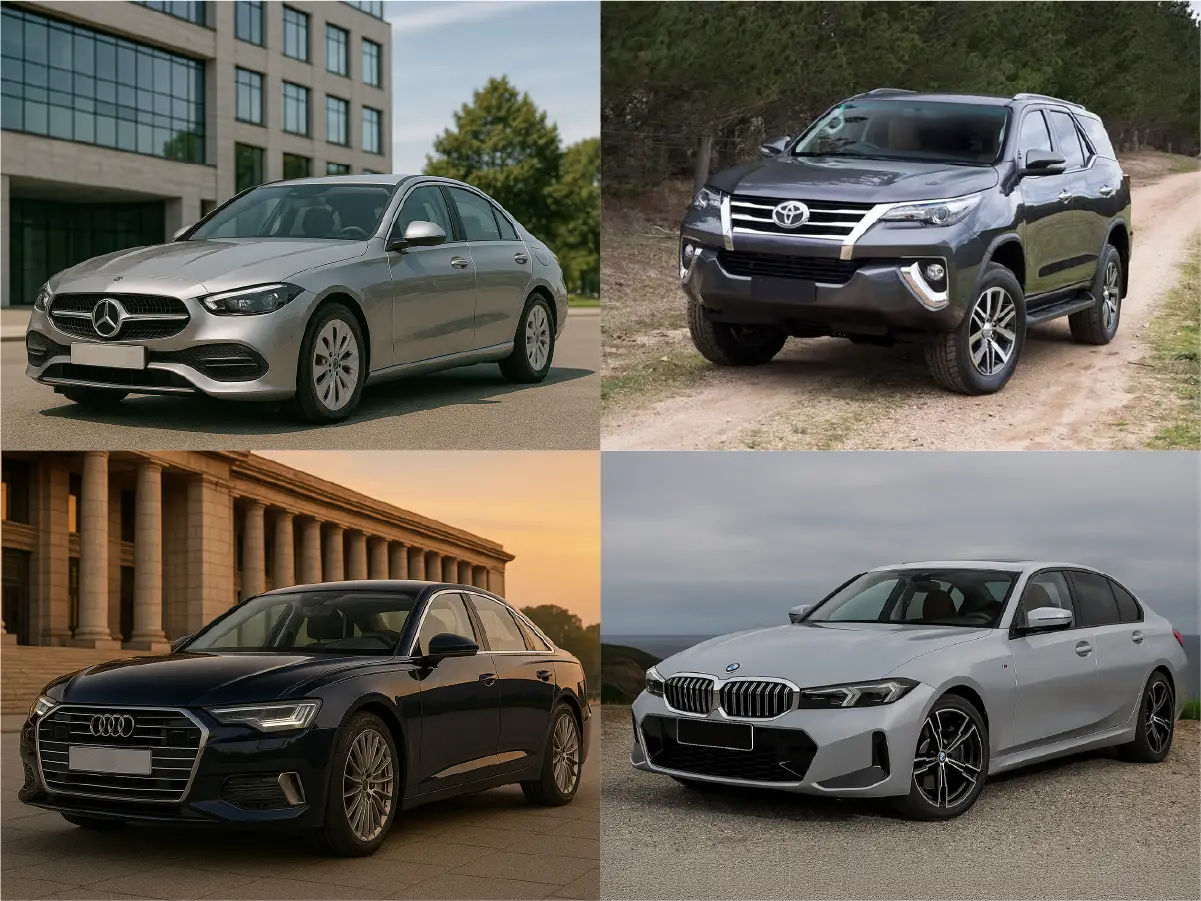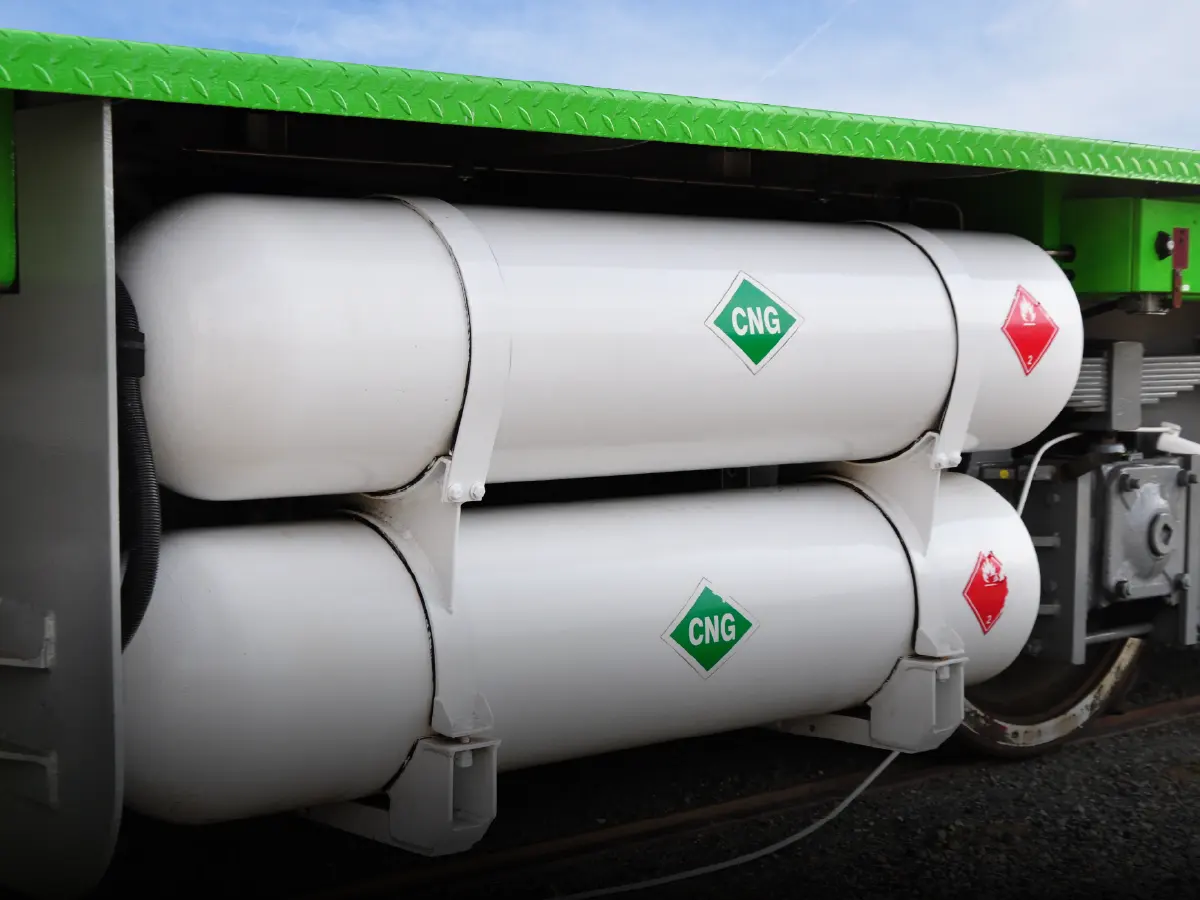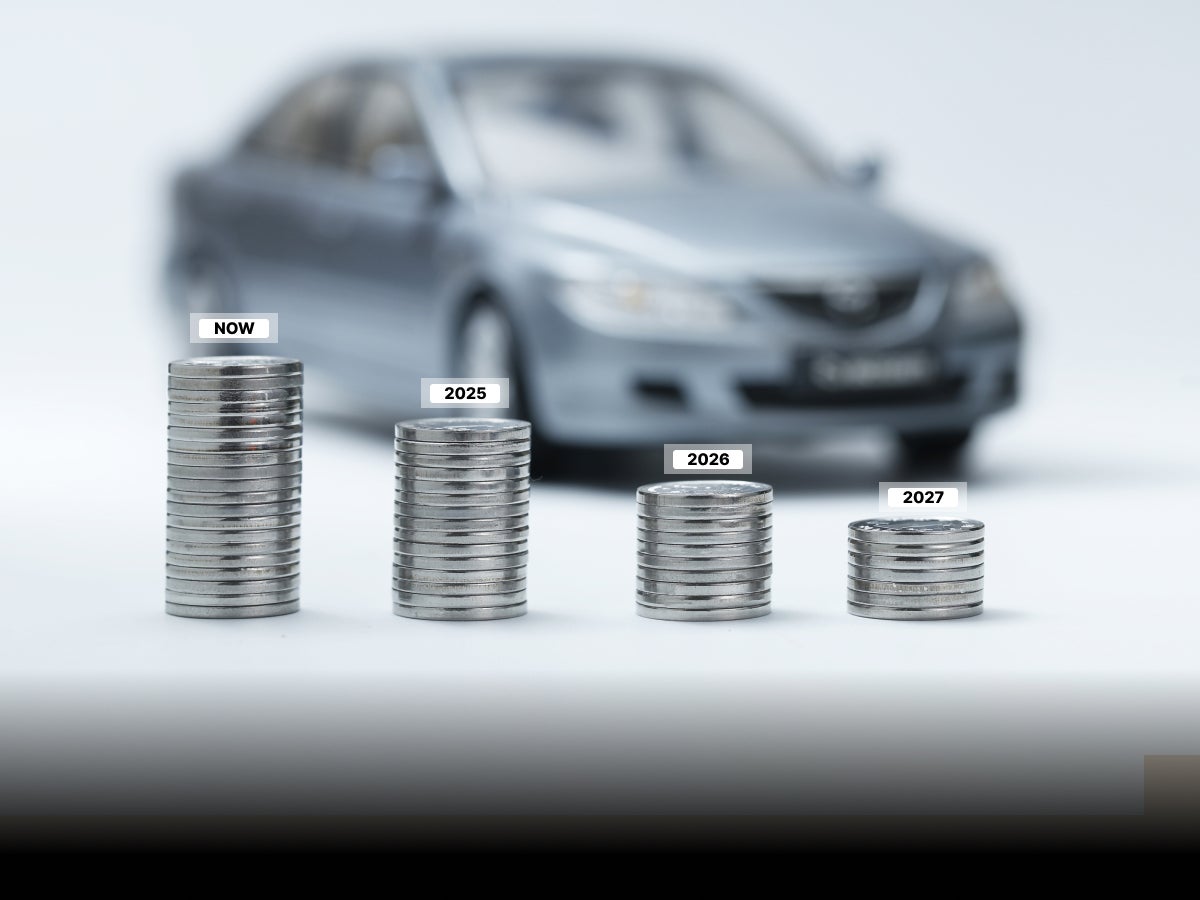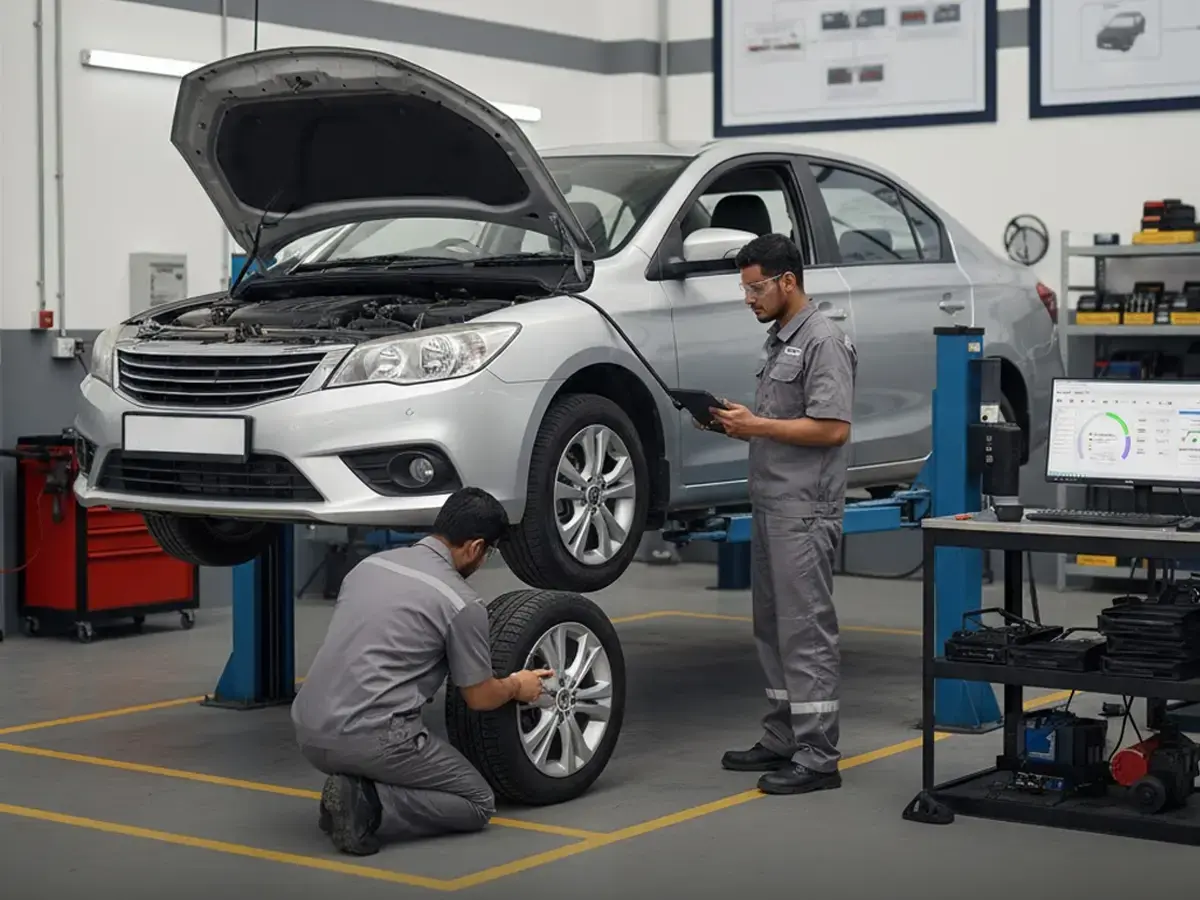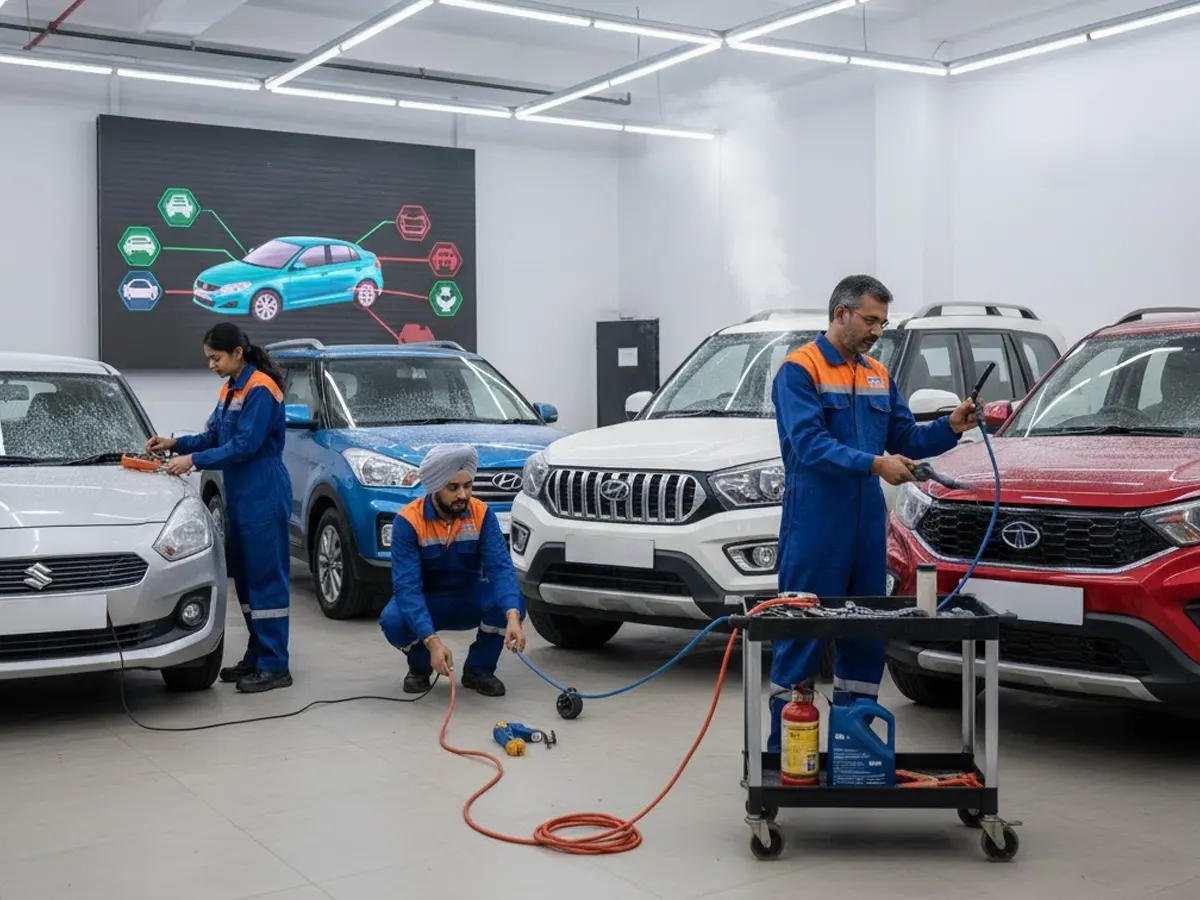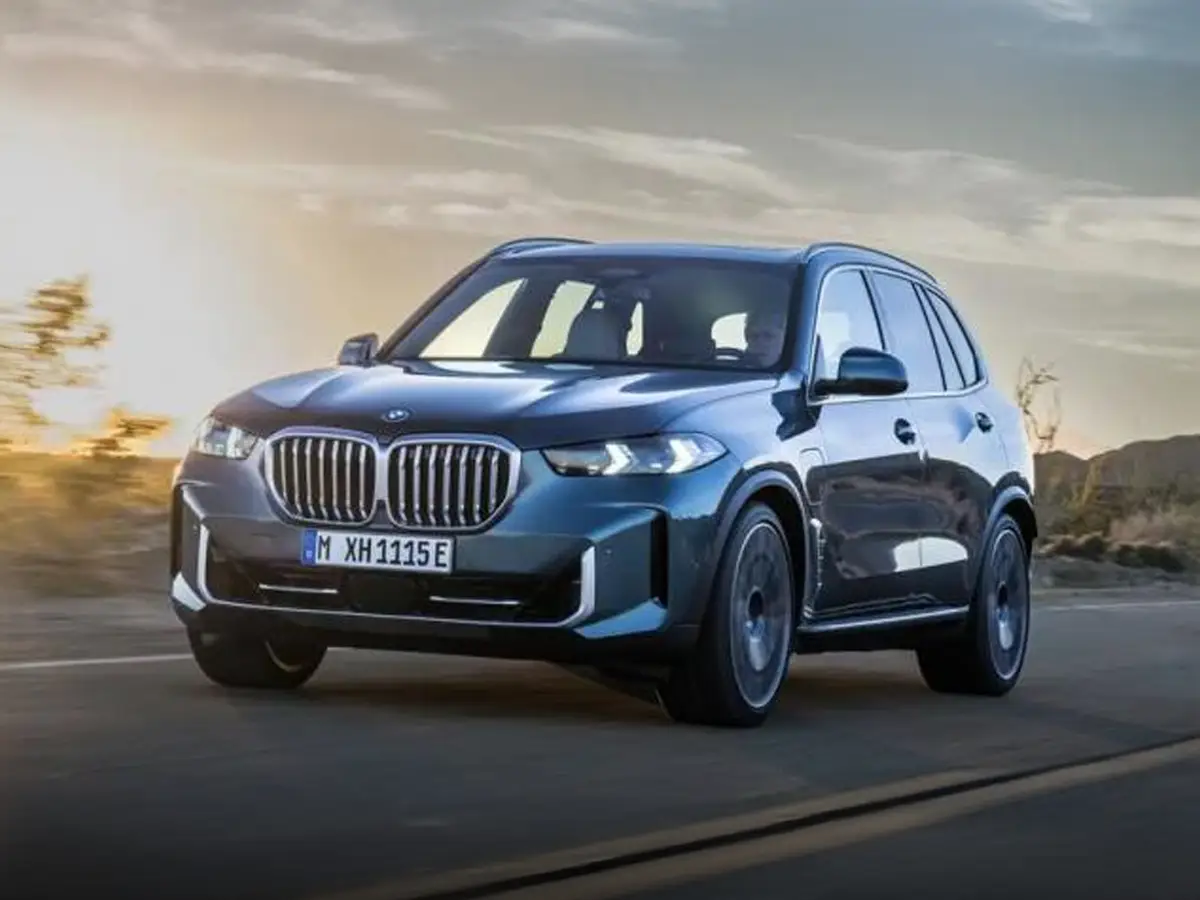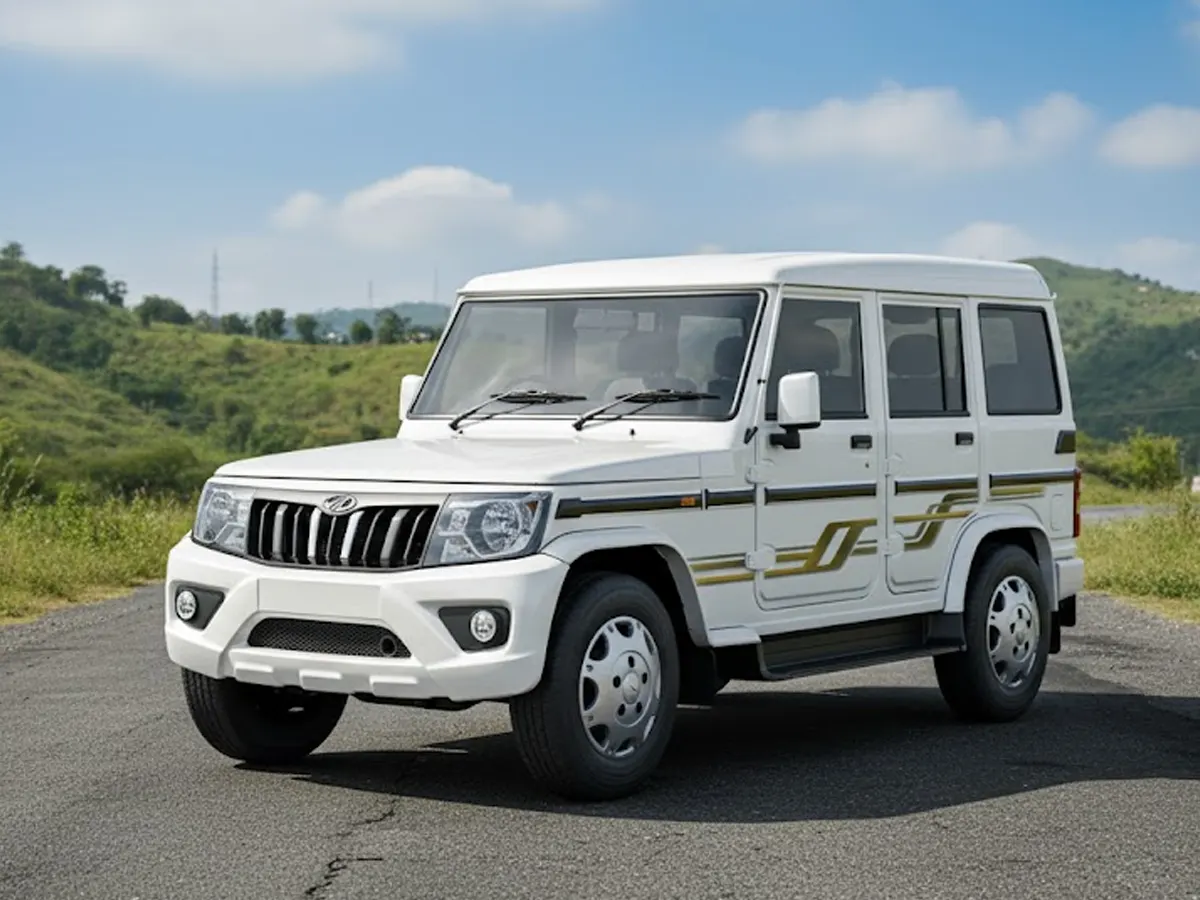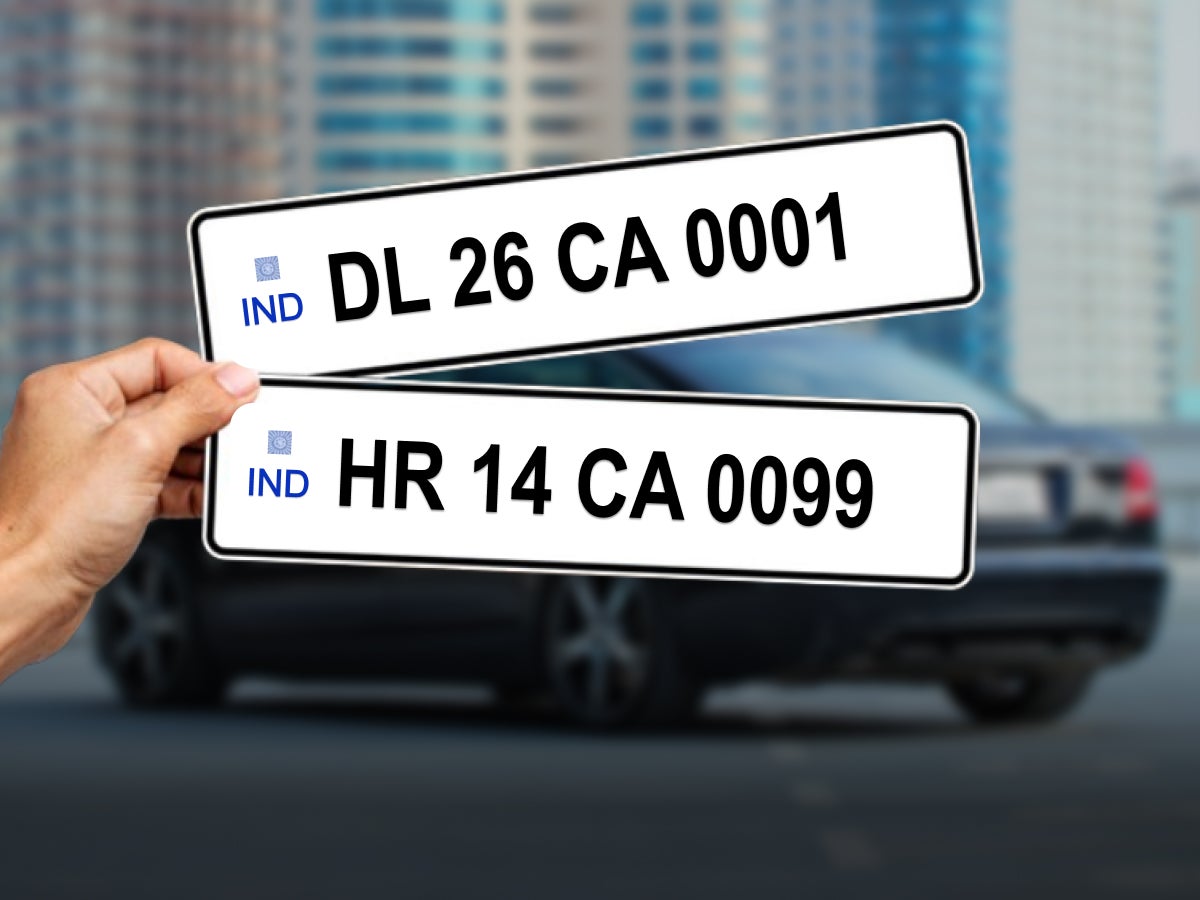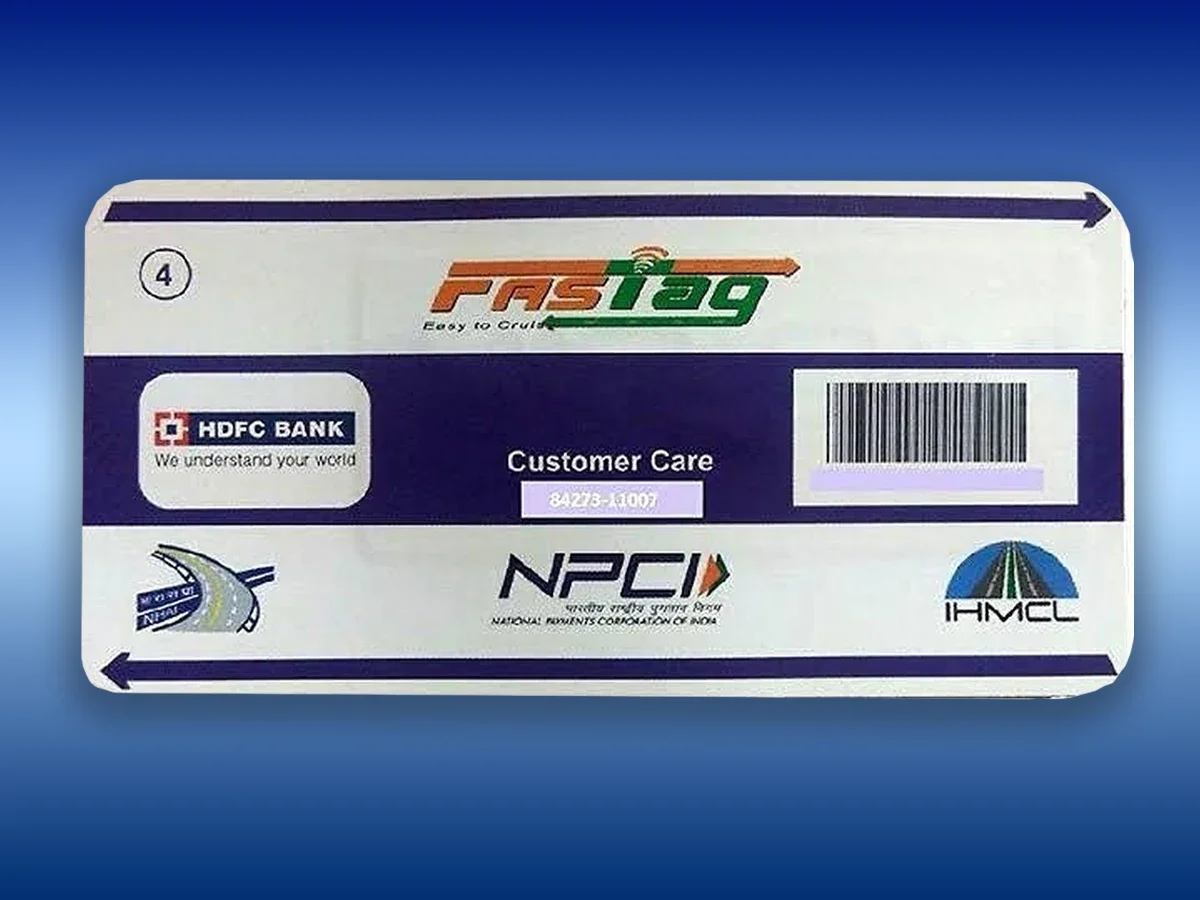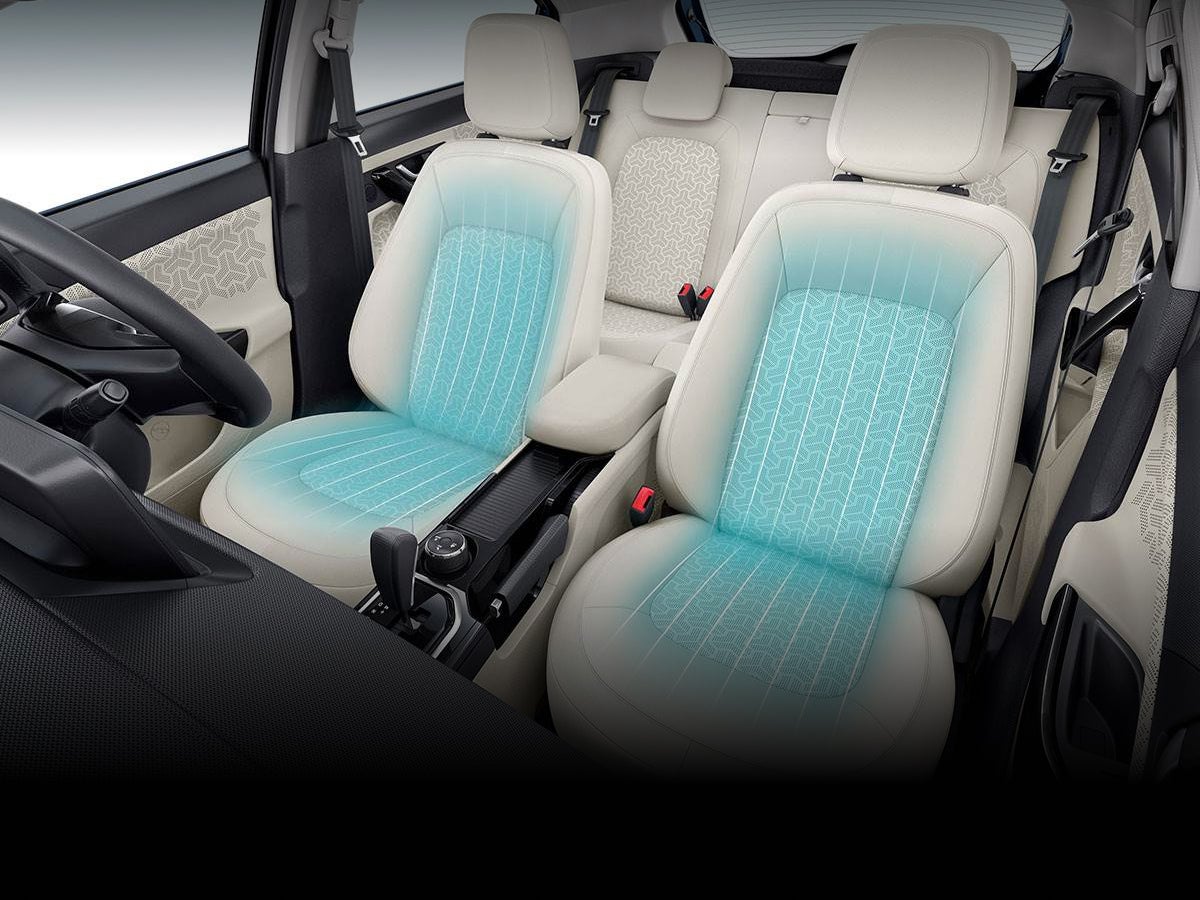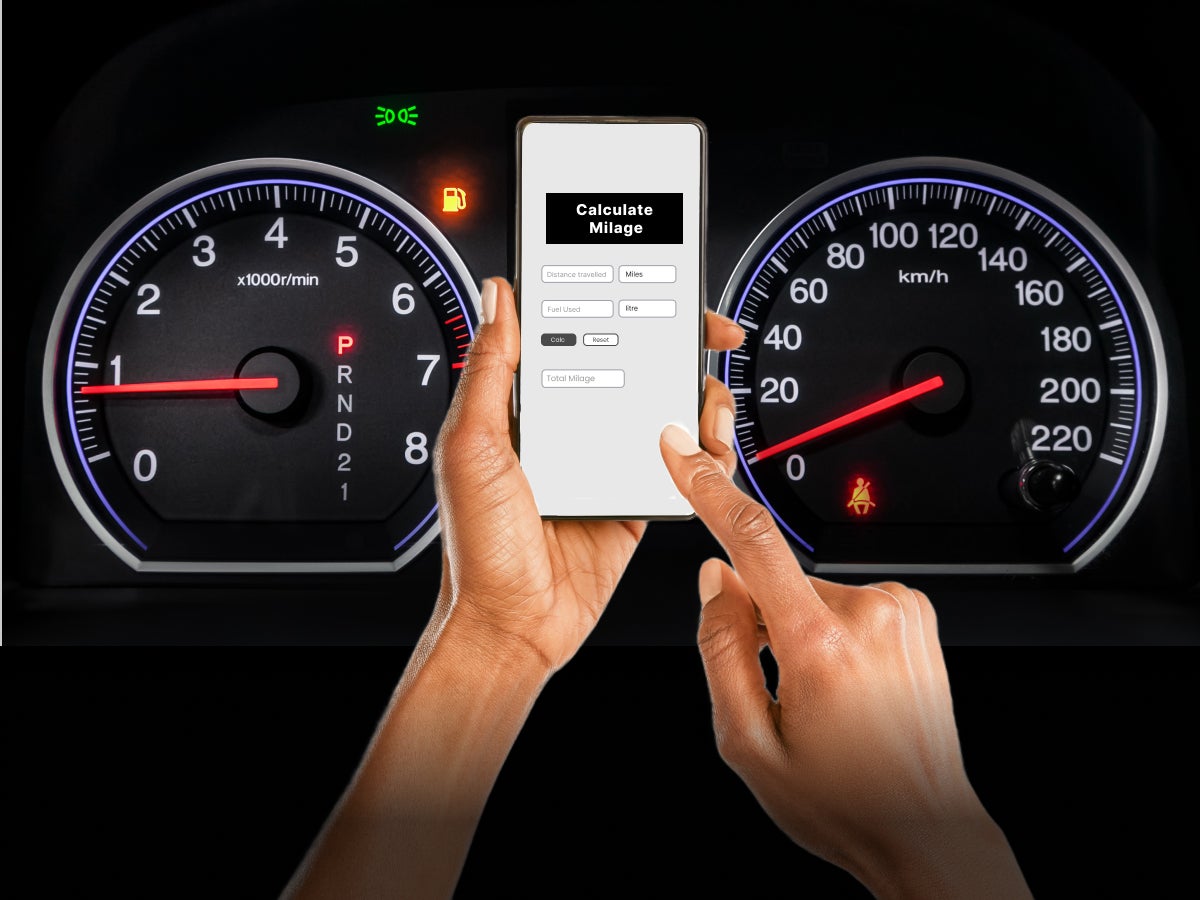

Common Issues in Hyundai New Santro: Causes and Solutions
- 1Santro AMT varianta may get stuck in neutral due to sensor or software faults
- 2Tall drivers face discomfort due to fixed steering and seat height in Santro
- 3Sudden power loss is linked to loose battery terminals or ECU glitches
The Hyundai New Santro re-entered the Indian market in 2018 with hopes of replicating the original Santro’s success. Although it excels in terms of design, features, and practicality, some Santro owners have identified a few persistent issues with the car. Here, we break down the most common problems reported by Hyundai New Santro owners, along with their causes and possible solutions.
Common Issues Faced by Hyundai New Santro Owners

The common problems with the Hyundai New Santro include DCT transmission issues, DPF issues, RPM fluctuation, high-beam adjustment issues, and more.
AMT Gear Shifting Failure
Some owners of the Santro AMT variant have experienced issues where the car refuses to shift from Reverse (R) to Drive (D) mode, leaving them stranded unexpectedly.
Probable Cause
- Gear position sensor malfunction
- Fault in AMT control unit
- Software or calibration glitch
How to Identify the Issue
- The gear remains stuck in Neutral even after multiple attempts
- No response from the gear selector despite functioning electronics
Professional Assistance
- Get the AMT system software updated
- Request a full AMT control unit inspection
- If under warranty, consider requesting component replacement, if any
Sudden Power Loss and Electrical Failure
A few Hyundai New Santro owners reported experiencing a sudden shutdown in mid-traffic, where all electrical systems shut down momentarily before reviving.
Probable Cause
- Battery terminal connection issue
- Software reboot in the car's ECU
- Intermittent wiring or fuse fault
How to Identify the Issue
- Complete blackout of lights, infotainment, and ignition
- The car restarts on its own after a few minutes
Professional Assistance
- Inspect battery terminals for corrosion or looseness
- Scan the ECU and check for software updates or errors
- Check for possible fuse box or wiring faults
Lack of Engine Power
Many owners feel the New Santro's 1.1-litre engine is underpowered, particularly during overtaking or on inclines when the car is fully loaded.
Probable Cause
- Engine output not balanced with the car's weight
- Limited low-end torque
How to Identify the Issue
- Sluggish acceleration
- High revs without a matching pickup
DIY Solutions
- Avoid carrying excessive weight in the car
- Use lower gears during uphill drives
Professional Assistance
- ECU tuning or throttle calibration (in select cases)
- Ensure the engine is well-maintained and the air filters are clean
Brake Pedal Response Delay
Hyundai New Santro owners have complained about delayed braking response, particularly in sudden-stop situations.
Probable Cause
- Soft or spongy brake pedal feel
- Possible issues with the ABS sensor
- Low brake fluid level
How to Identify the Issue
- Sluggish brake response
- Increased stopping distance
- The pedal needs to be pressed harder than usual
Professional Assistance
- Get the brake fluid replaced or topped up
- Request a brake pad inspection
- Opt for ABS sensor inspection
Suspension Comfort and Rear Seat Bounciness
The suspension system of the New Santro is adequate for city use. However, the rear suspension often bounces over potholes or speed bumps, leading to an uncomfortable riding experience.
Probable Cause
- Soft rear suspension setup
- Lack of damping support for rear seats
- Fault in the dampers due to ageing
How to Identify the Issue
- Rear seat occupants feel more vertical movement on uneven roads
- Noise or squeaks from the rear suspension
DIY Solutions
- Avoid overspeeding on rough roads
- Maintain correct tyre pressure
Professional Assistance
- Check for faults in the dampers
- Get the suspension bushes and mounts inspected
- Replace with improved dampers if available
Ergonomic Issues for Tall Drivers
The Hyundai New Santeo does not come equipped with adjustable steering and has a fixed seat height, which can cause discomfort for both tall and short drivers.
Probable Cause
- Fixed steering and seat design
- Compact cabin space not optimised for taller owners
How to Identify the Issue
- Knees brushing against the steering column
- Poor rearward visibility due to seat height
- Uncomfortable driving position
Solutions
- Use seat cushion wedges for a slight height lift for short drivers
- Adjust seat track position to create more legroom for tall drivers
Rattling Noise in New Santro
Multiple owners of the New Santro have reported rattling noise through the dashboard and other interior panels. The issue is particularly pronounced, especially after prolonged use or driving over rough terrain.
Probable Cause
- Loose dashboard fittings
- Light-quality interior plastics
How to Identify the Issue
- Rattling noise from the glovebox or door panels
- Persistent vibrations during driving
DIY Solutions
Use foam tape or anti-rattle padding in the glovebox and door areas.
Professional Assistance
Get the dashboard and trims tightened during servicing.
Infotainment or Audio Limitations
The Hyundai New Santro is a small hatchback and was priced aggressively. Hence, most of its variants feature a basic sound system that lacks depth and clarity, particularly at higher volumes.
Probable Cause
Factory settings not tuned optimally.
How to Identify the Issue
- Rear speakers feel underpowered
- Low bass output and unbalanced sound
DIY Solutions
Use equaliser settings to balance sound across all speakers.
Professional Assistance
- Upgrade to aftermarket speakers for improved quality
- Request a firmware update for infotainment if available
Limited Boot Space in CNG Variant
The CNG variant of the Hyundai New Santro has compromised boot space due to the placement of the CNG tank.
Probable Cause
The CNG cylinder takes up most of the luggage area in the boot.
How to Identify the Issue
Very limited space for luggage in CNG-equipped New Santro.
Solutions
Install overhead roof carriers for frequent, long trips.
If your Hyundai New Santro is giving you problems, it might buy a good idea to sell your used car. CARS24 gives you the best price when selling your used car, simply check the value on our used car valuation, book a home inspection, and hand over your vehicle for a fast, secure sale. We handle all documentation and RC transfer related services to provide a seamless experience.
Preventive Maintenance Tips for Hyundai New Santro Owners
- Follow Hyundai’s recommended service schedule for optimal performance
- Regularly check battery terminals and connections
- Schedule ECU and AMT software updates during services
- Opt for regular car scanning through professional tools and equipment
- Keep tyre pressure at recommended levels to support the suspension
- Include brakes and suspension inspection during every scheduled service
- Clean air filters and throttle body periodically for better engine response
Conclusion
The Hyundai New Santro is a practical city car with a strong brand legacy, but it's not without its challenges. As a proud owner, you should be aware of these common issues and must maintain regular service schedules to enjoy a smoother and more reliable ownership experience. For persistent concerns, always consult an authorised Hyundai service centre or a fully equipped modern car garage for proper diagnosis and repairs.
If you own this car, or are looking to buy a used example, it’s a good idea to get a professional pre-delivery inspection conducted, helping you find and resolve the problems. This can ensure you’re buying an issue-free car, or in case you are selling your car, you can get better value by enhancing trust and sharing the report with the buyer.
Frequently Asked Questions
Expand all